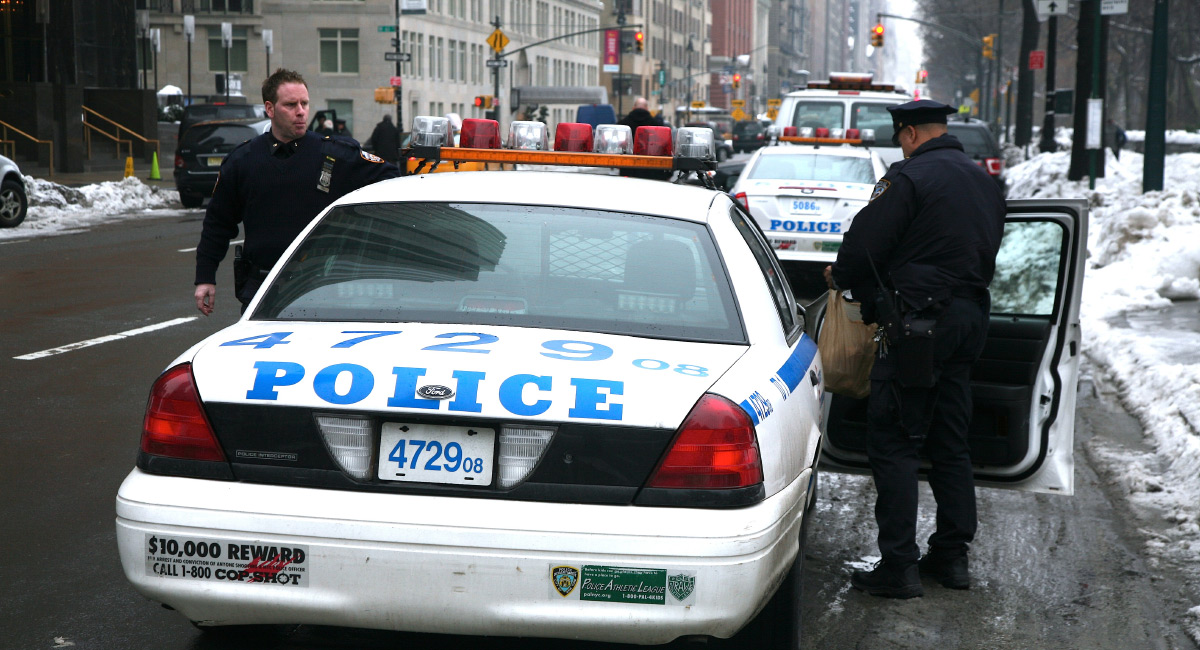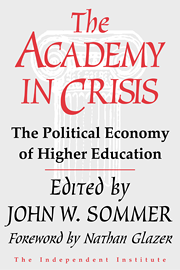Despite research that demonstrates police officers with at least two years of college education are much less likely to be the subject of misconduct complaints, and less likely to use force as their first option to gain compliance, many police and sheriff’s departments still hire recruits with only a high school diploma. In my own village and county in Chicago’s western suburbs, neither the village police department nor the county sheriff’s department require any college credits.
This is unfortunate. As John L. Hudgkins has noted in The Baltimore Sun, “There are serious questions as to whether a modern democracy can survive without better prepared law enforcement officials able to handle the stresses of the job without overreacting.” In a study of disciplinary cases against Florida officers, the International Association of Chiefs of Police (IACP) noted that, “Officers with only high school educations were the subjects of 75 percent of all disciplinary actions. Officers with four-year degrees accounted for 11 percent of such actions.” Since approximately 30 percent of officers have achieved four-year college degrees, the results of the Florida study appear to provide strong evidence that higher education correlates with good behavior. A separate study found that officers with undergraduate degrees performed on par with officers who had 10 years of additional experience.
With such obvious benefits, both to the police and the communities they serve, advocates for police reform would do well to press local agencies to require a minimum of two years of college, including specific coursework in psychology and sociology. Many community colleges and career schools offer associate degrees in criminal justice or police science, with such coursework embedded in the curriculum. McHenry College in Northern Illinois is a good example. Its associate of applied science degree in criminal justice requires coursework in written composition, speech, history, humanities, math or science, psychology and sociology. Coursework in the law enforcement option includes courses in interpersonal communication and the sociology of race and ethnicity.









